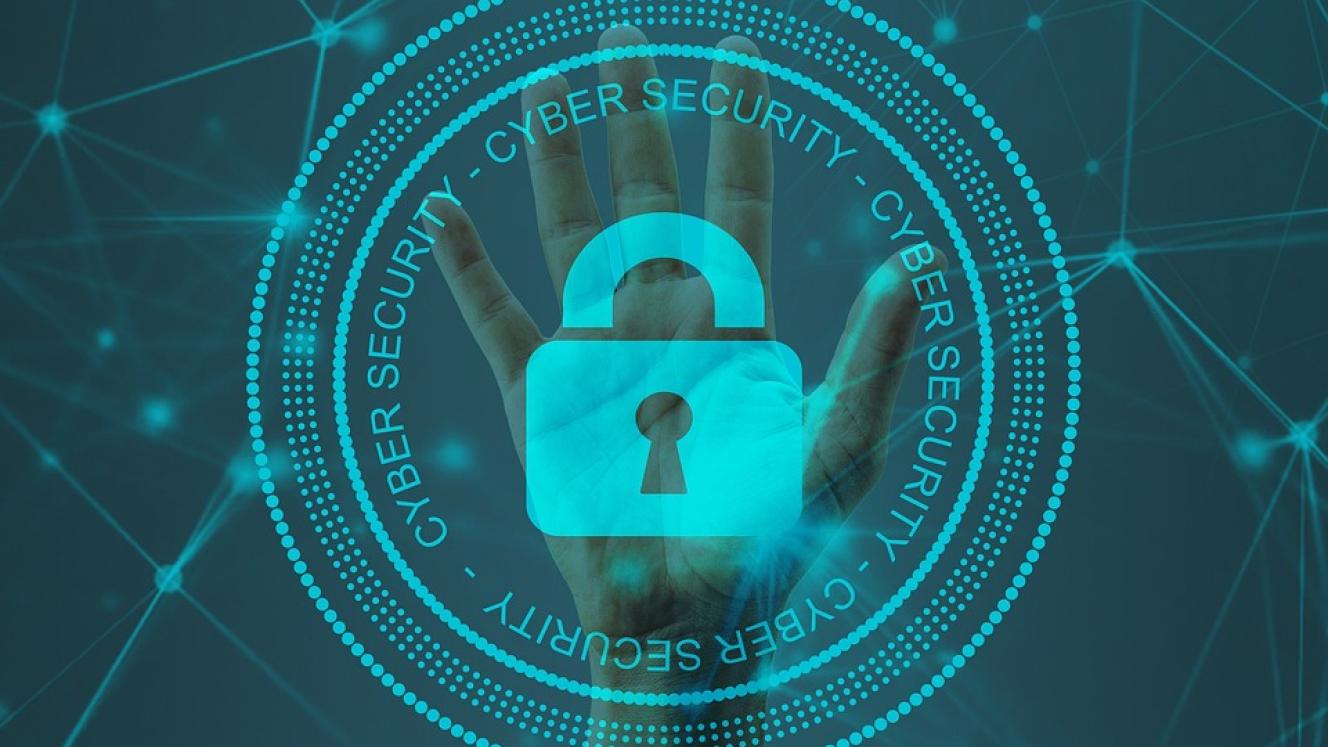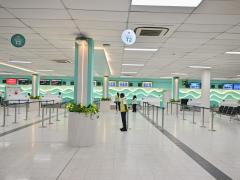According to eTurbo News, the latest research has shown that up to 75% of public WiFi networks at airports and train stations are vulnerable to cyber-attacks. Threats associated with using these networks include data interception, man-in-the-middle attacks and malicious hotspots.
Research conducted by cybersecurity company NordVPN reveal that one in four travellers have been hacked while using public Wi-Fi networks. It’s easy for hackers to set up fake WiFi hotspots using convincing network names at airports and train stations. Once connected to these hotspots, the hackers can access all of the travellers’ personal information, including payment card details, private emails, and website login information.
Even travellers who connect to legitimate public WiFi networks can fall victim to a cybersecurity attack, as those are unsecured networks. That means a lack of encryption enables hackers to connect to the open network and see everything being done online.
Ways to protect information while using public networks:
- Using a Virtual Private Network (VPN) - encrypts data and routes it through a secure server.
- Enabling two-factor authentication - provides additional security by requiring an additional form of verification.
- Keeping software and applications updated - ensures the operating system, web browsers, and applications have the latest security patches.
- Avoid using public WiFi for sensitive activities.
- Using https websites - ensures the data exchanged between the device and the website is encrypted.
- Turn off file sharing.
- Use antivirus and firewall software.
- Avoid using public charging stations.
- Verify the legitimacy of public WiFi networks.
- Use strong, unique passwords.













